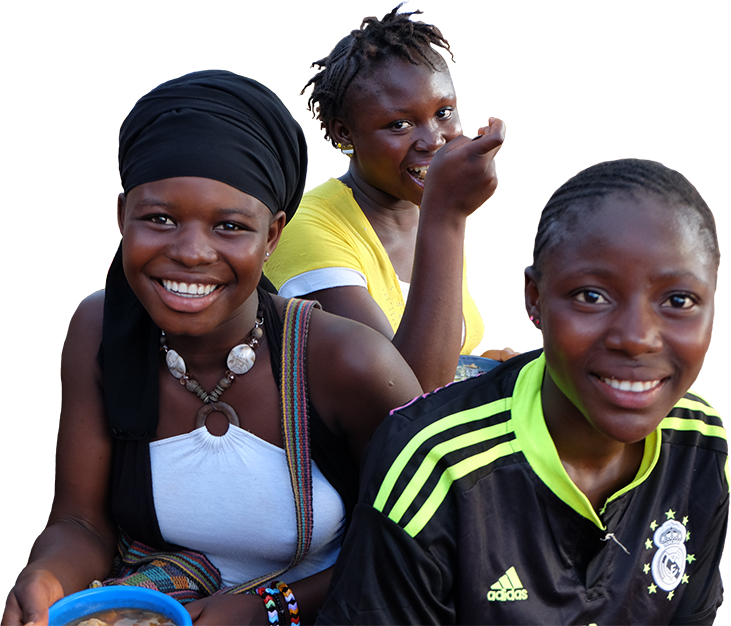Policymakers, program managers, and service providers—teachers, health care providers, extension agents, religious and community leaders—need the competencies (knowledge, skills, and attitudes) to serve and support adolescent boys and girls in accordance with global recommendations and national policies and protocols. This will require clear job descriptions, training (pre-service or in-service, offsite or on-the-job), mentorship, and supportive supervision, along with access to effective strategies, tools, and resources. Adolescents and their families also need competencies to support, adopt, and sustain healthy dietary practices. The Adolescent Nutrition Resource Bank currently includes capacity-building materials, primarily for service providers. If you have guidance or materials for building the capacity of policymakers, program managers, service providers, families, and adolescents about adolescent nutrition,, please send them to info@advancingnutrition.org.
We found 71 resource(s)
Health for the World's Adolescents: A Second Chance in the Second Decade (Online report only)
Informational Infographic published by WHO in
The report brings together all WHO guidance about adolescents across the spectrum of health issues. It offers a state-of-the-art overview of four areas for action: providing health services, collecting and using data to plan and monitor interventions, developing and implementing health-promoting and health-protecting policies, and mobilizing and…
Nutrition Education Curriculum for the Adolescent Girls Empowerment Program
Training Material published by Population Council in
This nutrition education curriculum was used in the Adolescent Girls Empowerment Program in Zambia, which focused on girls ages 10 to 19. It includes icebreakers and activities on topics such as the nutrition needs of adolescent girls, the role of food in the body, anemia in adolescent girls, nutrition for pregnant adolescents, and infant feeding…
Plan de Capacitación para la Enseñanza de la Alimentación y Nutrición dirigido a docentes de primero y segundo ciclo
Training Material published by FAO in
This training plan is intended to prepare teachers to educate school-aged children on nutrition, diet and food security. The guide includes educational strategies and activities for interactive learning and the mprovement of students' nutrition-related knowledge, attitudes and behaviors.
Plan de Capacitación para la Enseñanza de la Alimentación y Nutrición dirigido a docentes de primero y segundo ciclo
Training Material published by FAO in
This training plan is intended to prepare teachers to educate school-aged children on nutrition, diet and food security. The guide includes educational strategies and activities for interactive learning and the improvement of students' nutrition-related knowledge, attitudes and behaviors.
Eating Disorders during Adolescence: Nutritional Problems and Interventions
eLearning published by University of Washington in
This website is a reference for health care professionals, students, educators, and parents to understand eating disorders and their impact on adolescence. The website's objectives are to—review the principle nutritional conditions, problems, and treatments of eating disorders during adolescence; describe the consequences of nutritional…
Discrimination Between Son and Daughter (Food/Nutrition) (Bangladesh)
Information, Education and Communication Materials published by Plan International UK in
These four flashcards, with notes in Bengali, illustrate key messages about discrimination in the context of sons receiving preferential treatment over daughters for food intake at meal times. The flash cards promote daughters being treated in the same manner as sons with regard to food intake.
La Importancia de la Educacion Nutricional (Spanish); Why Nutrition Matters (English)
Framework published by FAO in
This document outlines the FAO's commitment to improving global nutrition and food security through nutrition education. It describes effective nutrition education and highlights several possible strategies to integrate nutrition education, improved food security, and health promotion.
Rethinking School Health: A Key Component of Education for All
Occasional Paper published by World Bank in
This e-book highlights the relationship between child health and education, in terms of access to education and ability to obtain the maximum benefits from education. It describes effective health and nutrition interventions delivered through school health programs and outlines the role of partnerships and multi-sectoral approaches.



